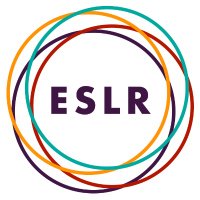
ESLR Society
@eslrsociety
The official twitter account of the Early Career Social Learning Researcher's Society. Tweets by @NoebelSabine
ID: 930874470327312384
https://www.eslrsociety.com 15-11-2017 19:05:43
19,19K Tweet
1,1K Followers
761 Following
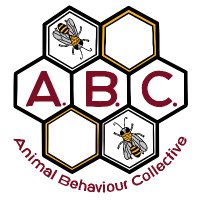
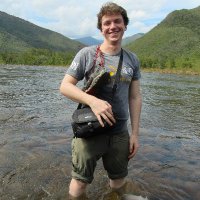
New paper out! onlinelibrary.wiley.com/doi/full/10.11… We propose how knapping could have taken hold among early hominin groups. Mainly, a reliance on naturally occurring flakes to cut could have bridged a gap between the making of bone flakes, and intentional knapping of stone flakes. 1/7
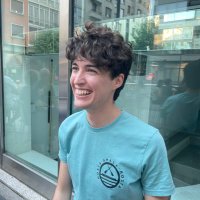
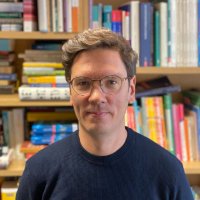
🚨 New paper 🚨 Out in Communications Psychology: "Manipulating attention facilitates cooperation" with Claire Lugrin and Christian Ruff We use gaze data and display manipulations in one-shot Prisoner's Dilemma games and find that these manipulations can drive choices through attention 👇
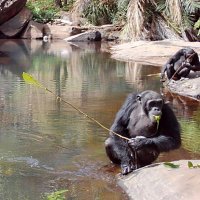



New in Science Magazine: "Large AI models are cultural and social technologies" Working with brilliant colleagues Henry Farrell, Alison Gopnik, and Cosma Shalizi, we challenge the prevailing narrative about AI models as autonomous agents. science.org/stoken/author-…

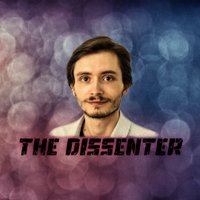
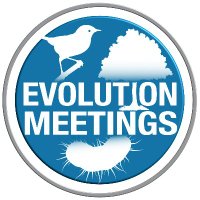
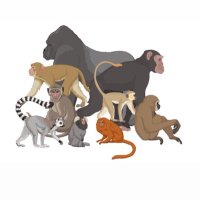
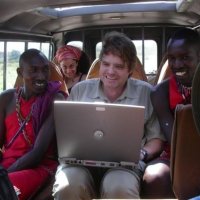

🎉 We're proud to welcome Michael Muthukrishna as Research Lead for our Cities, Culture, & Technology cluster! CCT explores how culture influences the social processes that drive innovation in cities, shaping how new ideas, products, and practices are generated and spread. More👇


Building on Michael Muthukrishna and Joe Henrich's theory of "innovation in the collective brain," the CCT cluster focuses on three themes: 🤝 Sociality and Urban Networks 🗣️ Transmission Fidelity and Social Learning 🌍 Variance, Tolerance, and Migration

Cities are the primary incubators of human ingenuity and creativity. The future of cities is the future of progress. Welcome to AUL, Michael Muthukrishna! Beyond excited about this research agenda. 🎉
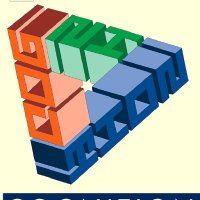
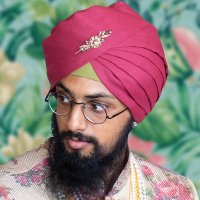
Cumulative culture was long treated as the defining difference between human and non-human culture. In this lovely new article, Eli Elster (also my PhD student) reviews new research suggesting that cultural open-endedness is a better candidate for what makes us special.

Amazing opportunity! Come join us in OB Stanford Graduate School of Business — a hub for foundational research into culture from psychological, sociological, and computational perspectives.






